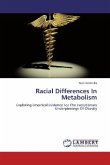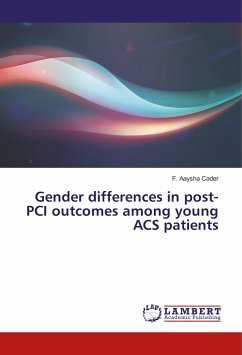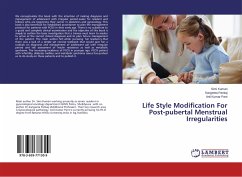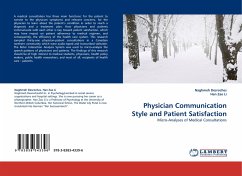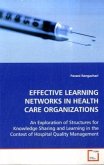Nurse educators continually face new challenges as
they prepare to educate nurses to research and
provide quality care in the ever-changing health care
arena. The many differences in health care today,
along with a diversified nursing student population,
are both contributing factors to the success or
failure of an individual student. The ultimate goal
of nurse educators in baccalaureate or associate
degree granting nursing programs is to see their
students graduate and pass the National Council
Licensure Examination for Registered Nurses
(NCLEX-RN, NCLEX) on the first attempt. The focus of
this study was to assess the outcomes of teaching
nursing course content traditionally versus through
learning-style approaches. The Dunn and Dunn Learning
Styles Model was used to prepare nursing course
content to compare with traditional means of teaching
in a baccalaureate nursing program. The goal of this
study was to enhance teaching at the baccalaureate
level to assist with an increasingly diversified
student population.
they prepare to educate nurses to research and
provide quality care in the ever-changing health care
arena. The many differences in health care today,
along with a diversified nursing student population,
are both contributing factors to the success or
failure of an individual student. The ultimate goal
of nurse educators in baccalaureate or associate
degree granting nursing programs is to see their
students graduate and pass the National Council
Licensure Examination for Registered Nurses
(NCLEX-RN, NCLEX) on the first attempt. The focus of
this study was to assess the outcomes of teaching
nursing course content traditionally versus through
learning-style approaches. The Dunn and Dunn Learning
Styles Model was used to prepare nursing course
content to compare with traditional means of teaching
in a baccalaureate nursing program. The goal of this
study was to enhance teaching at the baccalaureate
level to assist with an increasingly diversified
student population.


